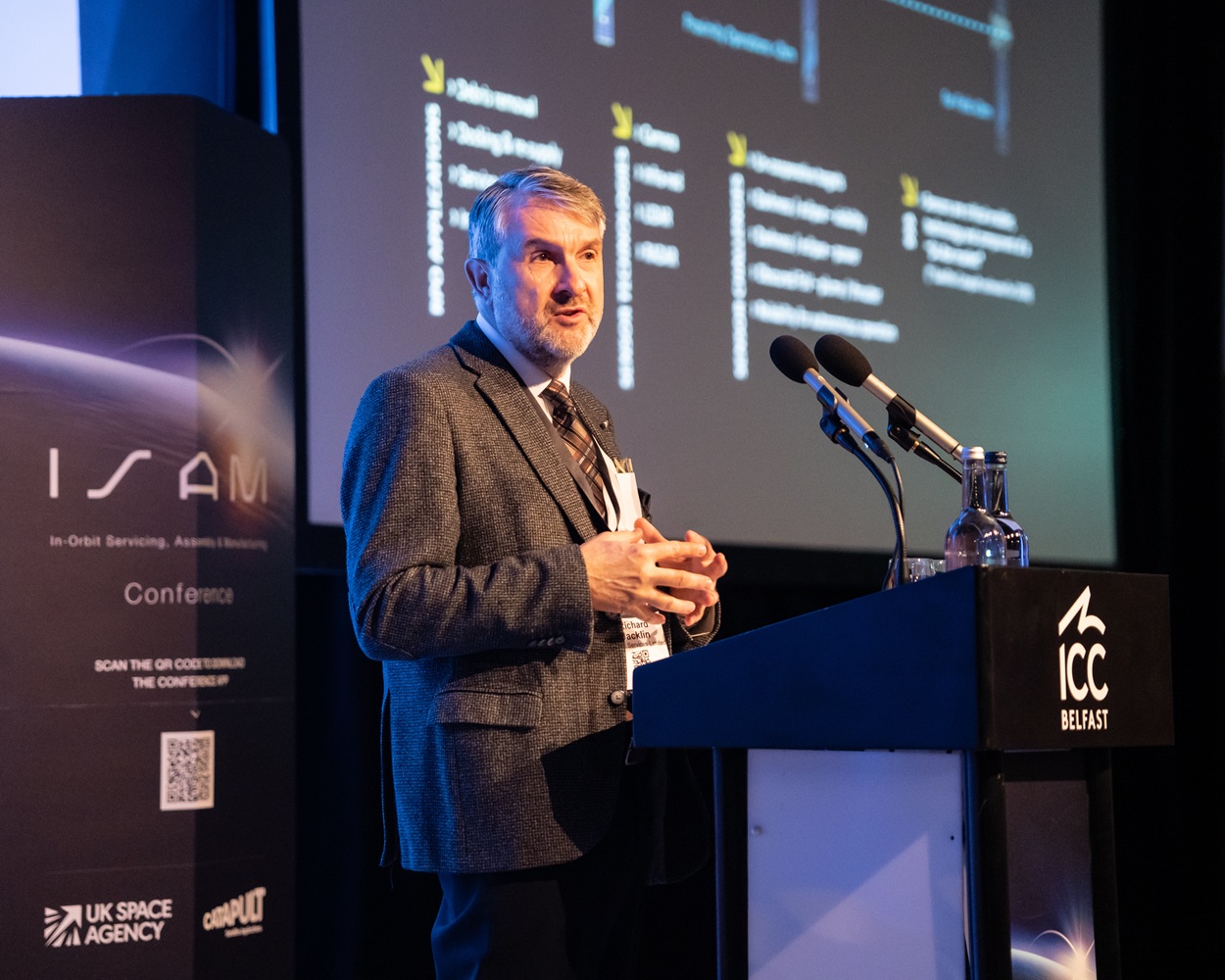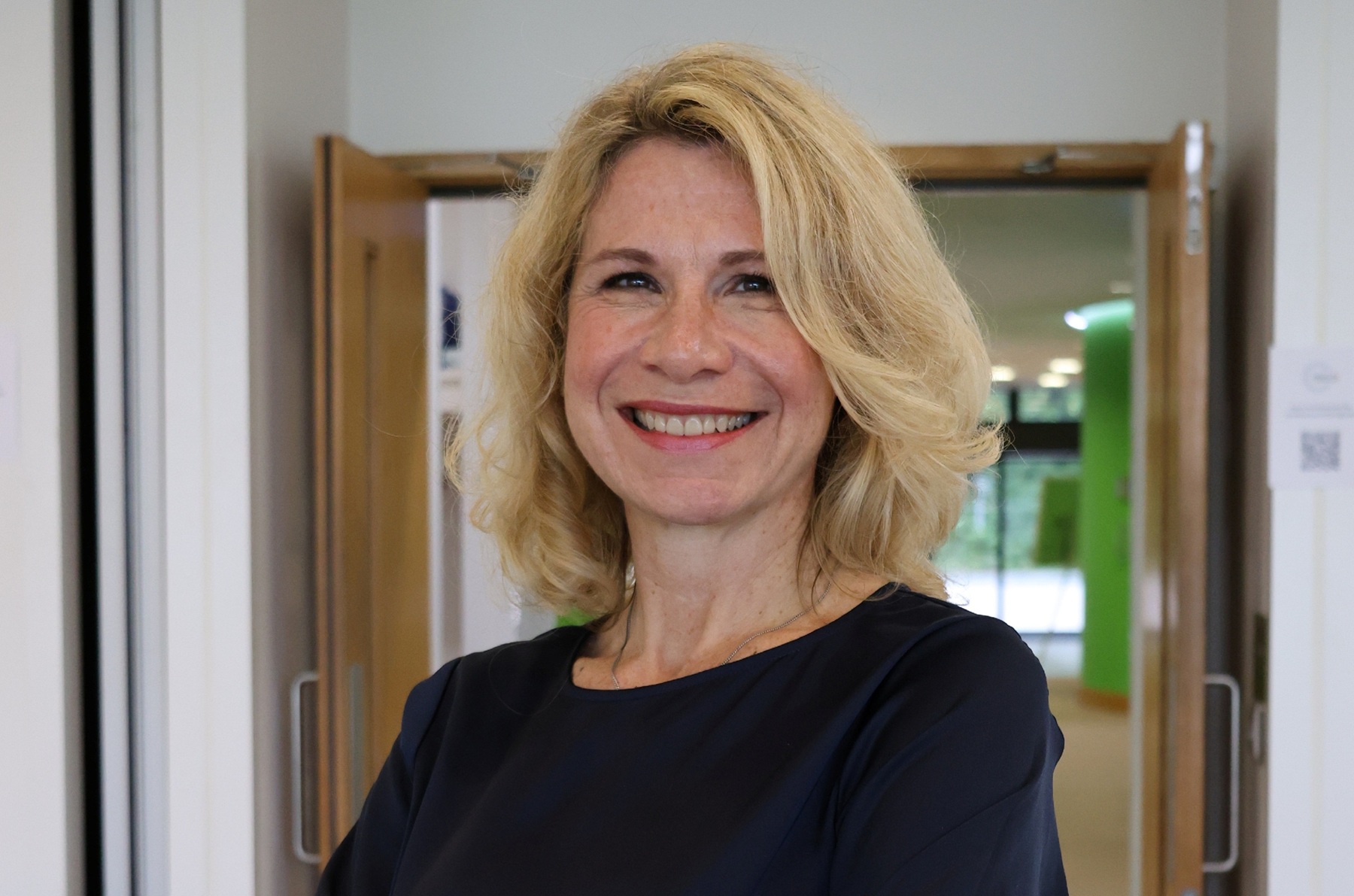CFMS study bolsters business case for regional electric aircraft

Image copyright Shutterstock
The study, which explored the profile of commercial flight operations at Glasgow Airport over an 18-month period, set out to identify a baseline business case for a regional electric aircraft that would meet the current operational requirement of a particular route, while also reducing CO2 emissions.
The team, which helps organisations harness the power of digital technologies, analysed this flight data to determine a set of flight characteristics and categorised these by duration, aircraft size and distance travelled. Additional characteristics relating to fuel price and consumption data were retrieved and the CO2 emission per flight journey was calculated, as per the International Civil Aviation Organisation methodology. CFMS used this information to create a baseline metric to identify which aircraft had the highest CO2 emissions per passenger-kilometre, creating a clear business case for the electrification of certain regional aircraft.
Kiran Krishnamurthy, AI domain specialist at CFMS who led the study, explained: “This data-based approach reinforces the technical indicators that regional aircraft is an ideal market segment for a small hybrid-electric aircraft that can take the industry on its sustainable aviation journey and meet its net zero emissions target by 2050.
With commercial aviation facing one of the toughest periods in its history during the coronavirus pandemic, these findings are expected to be of particular interest to airlines and manufacturers which need to meet stringent sustainability conditions in order to secure financial assistance from the state.
Krishnamurthy continued: “When we began this research at the beginning of the year, we couldn’t have anticipated how critical it would become in a post-Covid-19 world where airlines now have to demonstrate they can comply with sustainability bailout conditions to secure government funding.”
CFMS, which is helping the aerospace industry prepare for a new digital engineering future, is supporting collaboration between aircraft manufacturers, airlines and governments to speed up the roll-out of zero-carbon aircraft in a world where sustainability and connectivity are paramount.
The organisation is currently developing eight key technologies that will help build the technical jigsaw for a future electric aircraft.
For more information, visit: https://cfms.org.uk/











